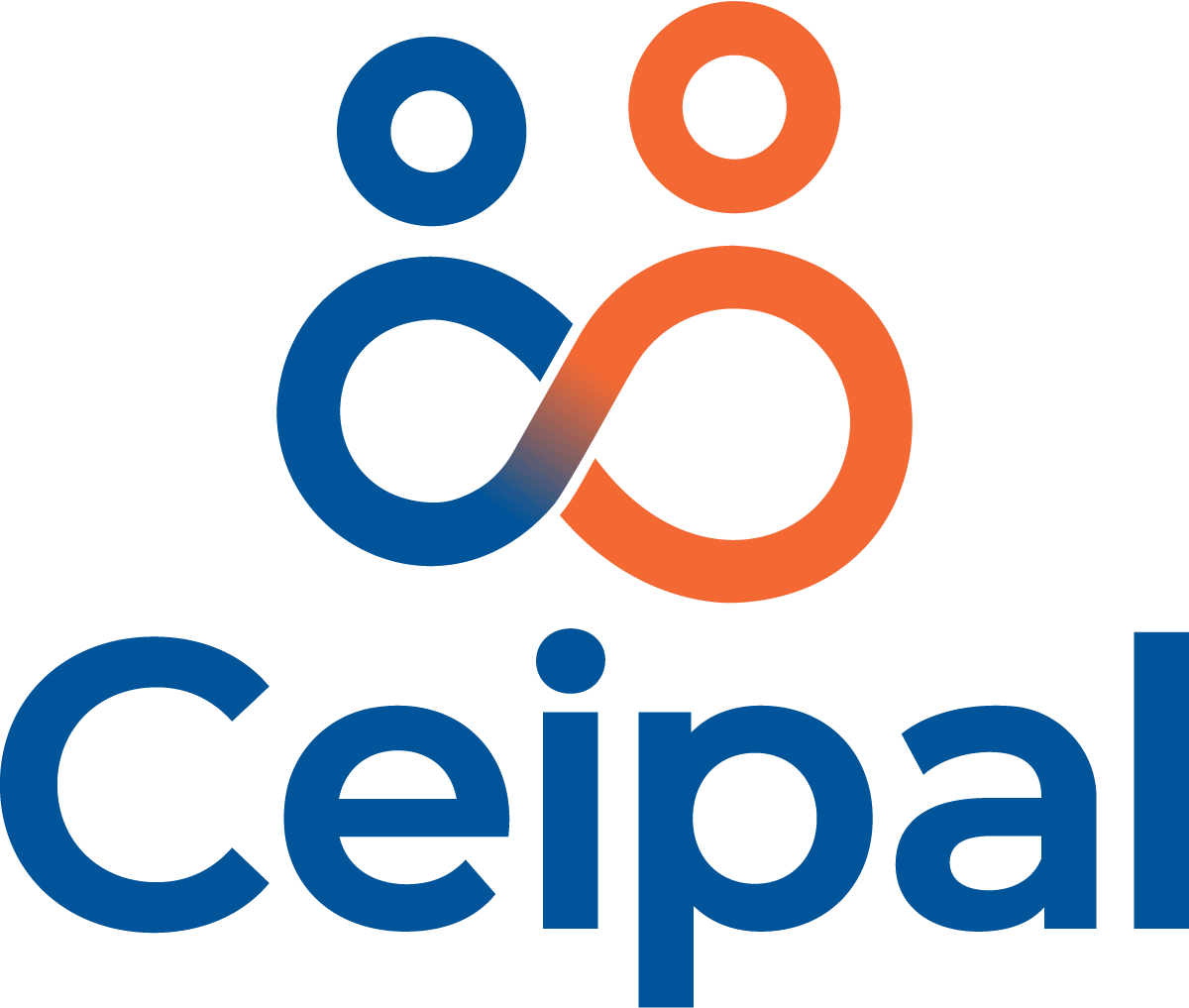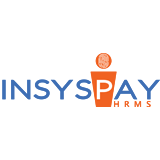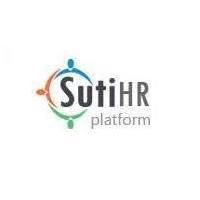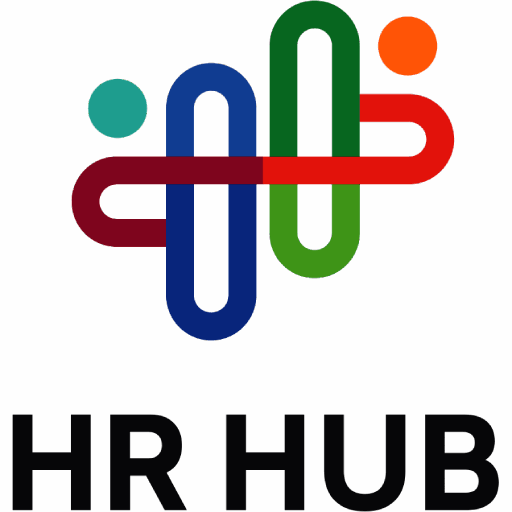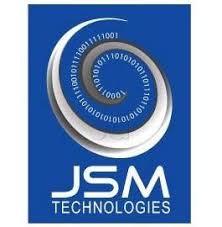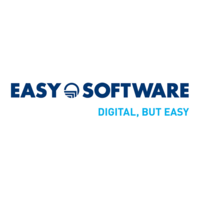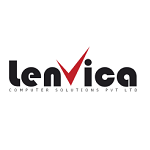What Is Employee Self Service Software?
Employee Self Service Software (ESS) is a powerful technology that enables employers to streamline and automate typical HR activities, providing employees greater control over their personal information, work schedules, and benefits. It is a web-based tool that enables employees to view and manage their personal data, including as contact information, payroll, and time off requests, without the need for laborious paperwork or HR participation.
ESS offers employees a safe and user-friendly interface for seeing and updating their personal information, saving them time and effort. Employees can use self-service software to update their information in real time, lowering the likelihood of obsolete or erroneous data and maintaining record accuracy. This also eliminates the need for HR to constantly manage routine data updates, freeing up time for more valuable activities.
Not only does ESS give employees more liberty and convenience, but it also benefits the entire organization. Employees can submit and track their time-off requests electronically, decreasing HR's administrative burden. This increases efficiency and productivity, allowing HR to focus on more strategic objectives. Furthermore, ESS allows employees to access their information from anywhere, at any time, via a secure login gateway.
This is especially useful for remote and distributed teams, as it provides easy access to critical HR information and updates. Furthermore, by giving employees more control over their benefits and work schedules, ESS can improve employee satisfaction and retention rates.
What Are The Recent Trends In Employee Self Service Software?
In recent years, Employee Self Service (ESS) software has grown in popularity in the workplace. This type of software enables employees to access and manage their own personal information, such as benefits, time off, and pay stubs, without relying on HR professionals. As technology advances, here are some significant factors influencing the development of ESS software.
1. Mobile Access: One of the most significant trends in ESS software is the transition to mobile access. As more employees use smartphones and tablets, ESS software companies are creating mobile-friendly versions of their platforms. Employees may now access their information on the fly, enhancing efficiency and production.
2. Connectivity With Human Resource Management Systems (HRMS): Many ESS software suppliers now enable connectivity with HRMS, allowing employee data to move seamlessly between the two systems. This not only decreases the likelihood of data inaccuracies and duplicate information, but it also streamlines HR processes, saving time for both employees and HR personnel.
3. Customisation Options: Companies with a diverse staff prefer ESS software that allows for customisation. This includes features like bilingual support, customizable dashboards, and varying access permissions based on work role. Customization improves user experience and increases employee engagement with the software.
4. Self-Service Analytics: As data analytics become an increasingly important aspect of HR initiatives, ESS software is including self-service analytics features. This implies that individuals may access their own performance statistics, peer evaluations, and other pertinent information, resulting in a more transparent and empowered workplace culture.
5. Artificial Intelligence (AI) And Chatbots: AI and chatbots are becoming increasingly popular in a variety of industries, including ESS software. Employees can receive rapid and precise solutions to HR-related issues thanks to AI-powered chatbots, which eliminate the need for human intervention and reduce response time.
6. Employee Wellbeing: Organizations prioritize employee well-being, and ESS software is now including capabilities to support it. This includes the ability for employees to track their mental and physical health, access wellness tools, and even schedule visits with healthcare providers via the program. By staying on top of these trends, businesses can guarantee that they are investing in current and effective ESS software that matches the demands of their workforce. When weighing your alternatives, it's critical to analyze how each program corresponds with these trends and how it will help your firm in the long run.
Benefits Of Using Employee Self Service Software
Employee self-service software provides several benefits to both employers and employees. This unique software streamlines and automates various HR operations, making it easier and more effective to manage employee information and tasks. In this buyer's guide, we'll go over the primary benefits of employing employee self-service software so you can make an informed selection for your company.
1. Time And Cost Savings: Implementing employee self-service software provides considerable time and cost savings. This software, which includes capabilities like as online time tracking, electronic document management, and self-service benefits enrollment, minimizes the administrative strain on HR staff, allowing them to focus on more strategic responsibilities. This saves money for the firm while also increasing production.
2. Increased Employee Engagement: Employee self-service software allows employees to take charge of their own information and duties, fostering a culture of self-service and autonomy. It enables employees to update their personal information, request time off, examine pay stubs, and access other critical HR information without going via their HR department. This not only saves time, but also increases employee engagement and satisfaction.
3. Improved Accuracy And Compliance: Manual data entry and paper-based methods can frequently result in errors and discrepancies. Employee self-service software reduces the need for manual data entry, lowering the risk of errors and guaranteeing that employee information is correct and up to date. This also assures compliance with labor laws and regulations, as the program keeps track of all employee data and documents.
4. Streamlined Communication: Effective communication is critical in every organization. Employee self-service software serves as a consolidated platform for all interactions between HR and employees. This guarantees that all critical information, such as corporate regulations and updates, is readily available to employees. It also enables seamless communication between departments, which improves efficiency and production.
5. Customizable Features: Every firm has different HR demands and requirements. Employee self-service software provides customisable capabilities that can be adjusted to your organization's exact requirements. From providing bespoke reports to tracking staff training and development, this software can be tailored to your organization's specific processes and workflows.
Important Factors To Consider While Purchasing Employee Self Service Software?
When contemplating acquiring employee self-service software, numerous critical considerations must be considered in order to make an informed decision. These factors include:
1. Features And Functionality: The software's features and functionalities should be considered initially. It should include the tools and skills required to effectively automate HR procedures and improve employee self-service. This can include features like payroll management, time and attendance tracking, leave management, performance evaluations, and more.
2. Usability: Employees should be able to simply navigate and use the software's capabilities. A sophisticated and difficult-to-use system might cause annoyance and lower adoption rates.
3. Integration With Existing Systems: Before acquiring employee self-service software, make sure it works flawlessly with your current HR systems and software. This helps to streamline procedures and reduces the need for duplicate data entry.
4. Customization And Scalability: The optimal employee self-service software should be adaptable and adaptive to your organization's specific requirements. It should also be able to scale as your company grows, without incurring additional fees or hassles.
5. Security: Because HR operations handle sensitive employee information, it is critical to emphasize security when selecting self-service software. Look for features such as secure login, data encryption, and scheduled backups.
6. Mobile compatibility: In today's fast-paced workplace, having mobile-friendly self-service software is essential. This allows employees to access information and complete activities while on the go, enhancing efficiency and production.
7. Customer Support And Training: Before making a purchase decision, inquire about the software provider's customer support and training services. A dependable support system and good training will help you get the most out of the software and troubleshoot any problems that may emerge.
8. Cost And ROI: Finally, consider the software's cost and prospective return on investment. Consider the long-term benefits and savings it can provide for your firm, rather than just the initial expenditure. By taking these crucial elements into account, you can make an informed decision about choosing employee self-service software that best meets your organization's needs and leads to enhanced employee experience and productivity.
What Are The Key Features To Look For In Employee Self Service Software?
Employee self-service software is gaining popularity in today's workplace since it provides several benefits to both employees and businesses. Employees can use this software to manage and access their own HR information, including personal information, pay stubs, benefits, time off requests, and more. This not only streamlines HR operations, but also allows employees to gain greater influence over their working lives. If you're looking for employee self-service software, there are a few crucial aspects to consider to guarantee you make the best option for your company. Here are the key features to consider:
1. User-Friendly Interface: All employees, regardless of technical skills, should be able to use and comprehend the software. This will ensure that staff have easy access to the information they require, without any confusion or frustration.
2. Customization: Because every organization has unique HR processes and rules, it is critical to select software that can be customized to meet your individual requirements. This ensures that the software meets your business requirements while saving you time and effort in manual settings.
3. Mobile Accessibility: In today's mobile-first environment, it's critical to select employee self-service software that is easily accessible via mobile devices. Employees will be able to access their information at any time and from any location, making it easier to manage their work lives.
4. Security: The software should have strong security measures in place to protect sensitive employee data from unwanted access. To protect your employees' information, look for features like encryption, multi-factor authentication, and role-based access control.
5. Self-Service Options: The primary goal of this program is to allow employees to handle their own information. Look for features like self-service portals, which allow employees to update their personal information, request time off, and examine pay stubs without having to go through HR.
6. Integration: Your employee self-service software should work seamlessly with your existing HR systems, including payroll, time and attendance, and benefits. This ensures that all employee information is synced and up to date, avoiding discrepancies or errors.
7. Reporting And Analytics: HR departments want a sophisticated reporting and analytics tool to analyze employee data and spot patterns or trends. Look for software that provides a variety of configurable reports and statistics to assist you make informed personnel decisions.
Why Do Businesses Need Employee Self Service Software?
Employee self-service software is an essential tool for companies of all kinds in today's digital age. These systems allow employees to access and manage their personal information, benefits, and work-related activities via a user-friendly web interface, removing the need for paper forms and in-person engagement with HR departments. One of the most major advantages of employee self-service software is its ability to optimize HR operations while saving businesses time and money.
With a self-service system in place, employees can instantly update their personal information, such as contact information and tax forms, without having to fill out tiresome paperwork or wait for HR to manually process the changes. Furthermore, self-service software can reduce the risk of human error by allowing employees to enter their information directly into the system, reducing inconsistencies and data entry blunders.
This can also help enhance data accuracy and provide a more dependable and up-to-date recordkeeping system. Furthermore, employee self-service software encourages openness and empowers employees by providing direct access to their data. They may access their pay stubs, request time off, manage their attendance, and enroll in benefits without contacting HR. This independence and autonomy can increase employee satisfaction and engagement, resulting in higher productivity and retention rates.
Another benefit of self-service software is its capacity to improve communication and efficiency inside a business. Businesses can use the system's messaging and notification tools to quickly convey essential information and updates to all employees at once. This eliminates the need for manual communication methods and guarantees that everyone receives the same information quickly.
Finally, employee self-service software is valuable to managers and HR departments. The system delivers real-time data and insights, allowing them to monitor trends and patterns in areas such as attendance and performance ratings. This information can help you make more educated decisions, identify areas for improvement, and streamline HR operations.
How Much Time Is Required To Implement Employee Self Service Software?
The implementation time for employee self-service software varies according to your organization's individual demands and requirements. However, a typical implementation procedure might last anything from a few weeks to several months. Several factors might influence the installation timetable, including the complexity of your organization's existing systems, the number of employees, and the level of customization required for the program.
To guarantee a smooth and efficient deployment, key stakeholders, such as HR and IT departments, should be involved in the process. This will assist in identifying any possible issues and allowing for adequate planning and resource allocation. Furthermore, it is critical to collaborate closely with the software vendor to understand the installation process and timetable.
They can also offer advice on best practices and strategies for successful implementation. Overall, adopting employee self-service software necessitates careful planning, coordination, and communication. With the appropriate approach, after the software is fully integrated, you can expect significant time savings and increased efficiency in your HR activities.
What Is The Level Of Customization Available In Employee Self Service Software?
Employee self-service software provides a variety of customization choices to match the specific needs and preferences of each organization. This level of customization varies based on the software vendor, but most systems provide a great deal of flexibility in tailoring the system to your individual needs. One of the most common ways to personalize employee self-service software is through branding and design.
This enables you to incorporate your company's logo, color scheme, and general look into the platform, resulting in a consistent and seamless experience for your staff. This not only ensures brand consistency, but it also boosts user engagement and adoption. Beyond branding, you can tailor the features and functionalities offered to your staff.
This may include deciding which modules to include, such as time off requests, performance reviews, or shift scheduling. You can also configure permissions and access levels for different staff positions, ensuring that important information is only accessible to authorized users. The user interface is another area where you can customize things. You may tailor the platform's layout and organization to the way your company functions, making it easier for employees to access and use the system.
For example, you may group specific features together or reorganize menu items to match with your company's hierarchy. Furthermore, many employee self-service software systems enable the creation of personalized notifications and alerts. This enables you to automate reminders for things such as submitting timesheets or completing training courses, minimizing HR's workload and assuring timely completion of critical duties.
Finally, some software suppliers allow for additional customization via APIs and interfaces with other third-party systems. This enables you to integrate the employee self-service software with your existing HR tools and databases, resulting in a more smooth flow of information and streamlined operations.
Which Industries Can Benefit The Most From Employee Self Service Software?
Employee Self Service Software (ESS) has emerged as a vital tool for businesses seeking to optimize their HR operations and boost employee productivity. This all-in-one solution includes a variety of capabilities, such as leave management, performance tracking, and payroll management, all accessible via a self-service portal. While ESS can assist a wide range of industries, particular sectors stand to benefit the most from its implementation.
First and foremost, the retail industry stands to benefit greatly from ESS. Retail organizations are notorious for having high staff turnover rates, which may be time-consuming and costly for HR teams to handle. Retail employees can use ESS to check their schedules, request time off, and examine their pay stubs without having to rely on management or HR professionals.
This streamlines the entire process, allowing managers to concentrate on more important activities. Another industry that stands to profit greatly from ESS is healthcare. In hospitals and medical facilities, reliable and timely employee data is critical for scheduling and payroll. Employees can use ESS to update their information, such as contact details and certifications, ensuring that the data is always up to date and accurate. ESS also streamlines the vacation request system, allowing healthcare staff to manage their time off with less hassle.
The technology business is continuously changing and requires a highly qualified and motivated workforce. This is where ESS comes in, giving tech companies effective tools for managing their personnel. Managers can use features like goal setting and performance tracking to keep personnel on track and identify top performers for promotions.
ESS also provides self-paced learning modules, which enable tech employees to continue learning and upskilling without breaking their work routine. Finally, the industrial business may greatly benefit from ESS. From organizing timesheets to tracking shift schedules, managing a large and diversified workforce in this industry can be difficult.
ESS automates and streamlines these processes, easing the administrative strain on HR departments. Additionally, ESS can help assure compliance with labor laws and regulations, lowering the company's risk of penalties and fines.
Conclusion
Finally, investing in Employee Self Service Software can significantly increase your organization's efficiency, production, and cost savings. Allowing your employees to access and manage their own personal information, requests, and responsibilities helps to expedite operations and reduces the strain on HR personnel. When investigating choices for Employee Self Service Software, keep your organization's specific goals and expectations in mind.
To protect your data, look for software with a user-friendly interface, adjustable features, and robust security protections. Consider how the program integrates with your existing HR systems. This not only saves time and effort in data administration, but also ensures that information flows seamlessly across multiple platforms.
Furthermore, it is critical to select a recognized and trustworthy provider who provides outstanding customer service and regular software upgrades. This will ensure that your investment is both relevant and effective in the long run.
Overall, investing in Employee Self Service Software can provide several benefits to your firm, such as increased employee satisfaction, faster operations, and reduced costs. By carefully assessing your requirements and investigating several possibilities, you can select the ideal software to help your firm succeed.




